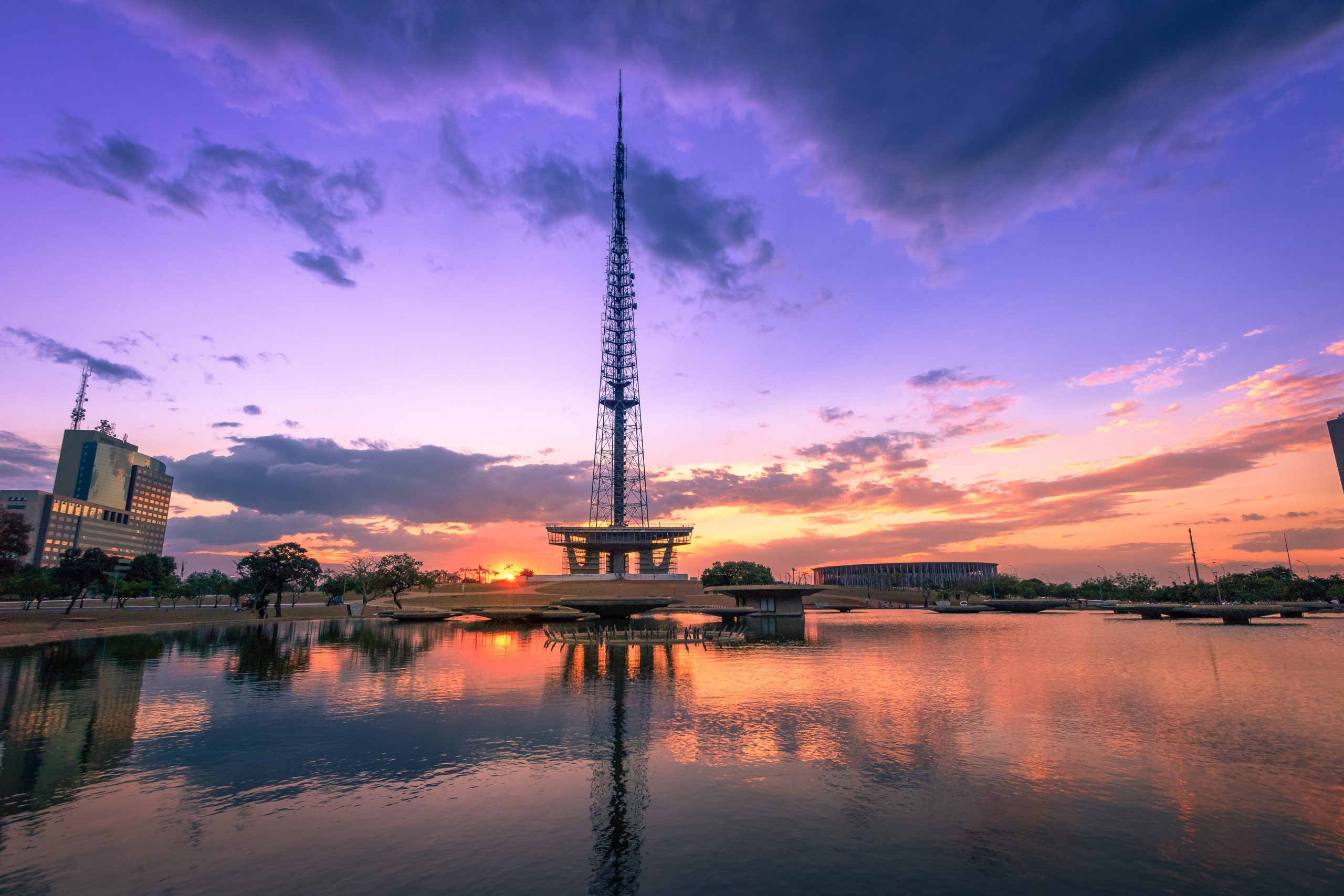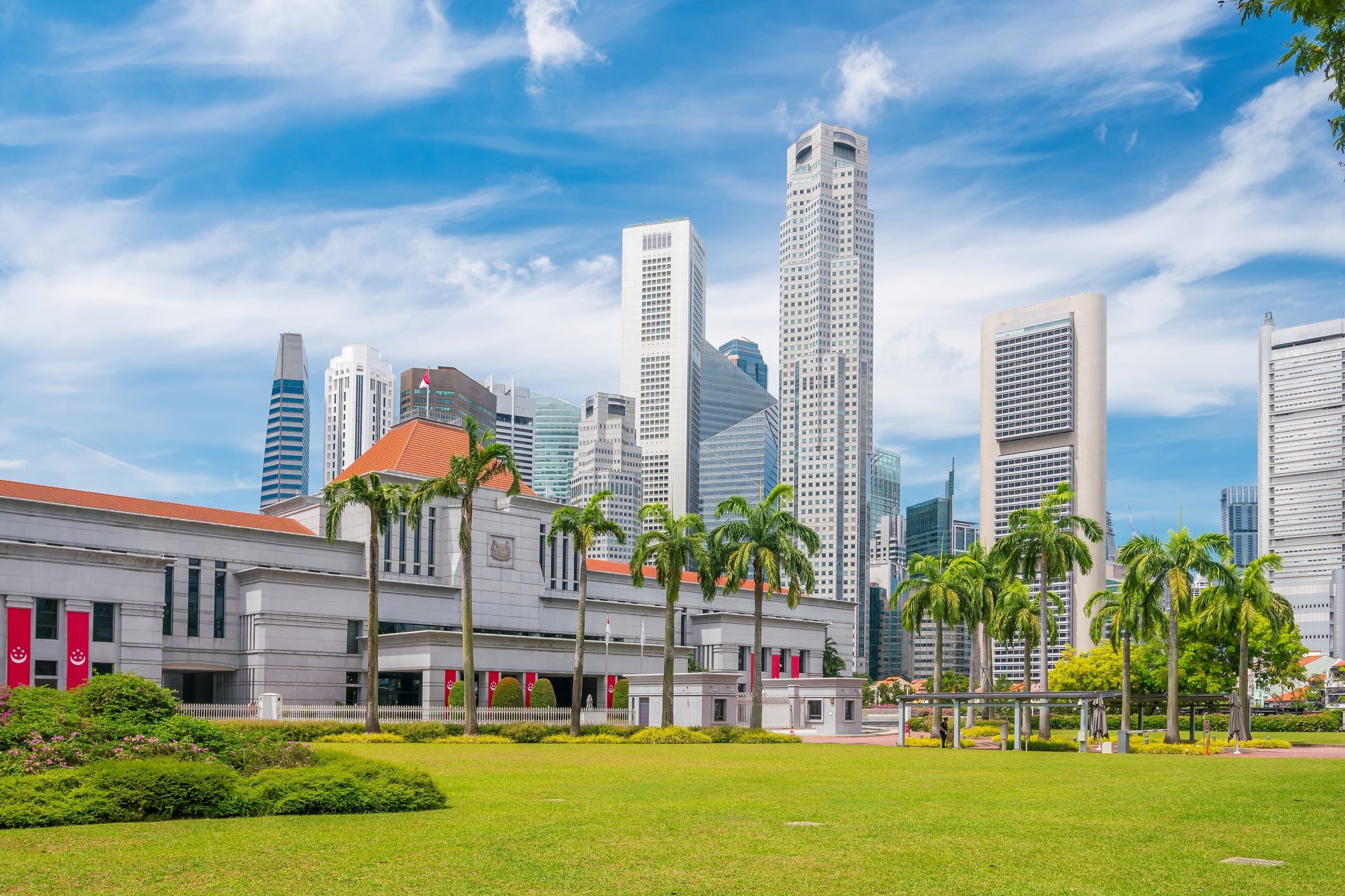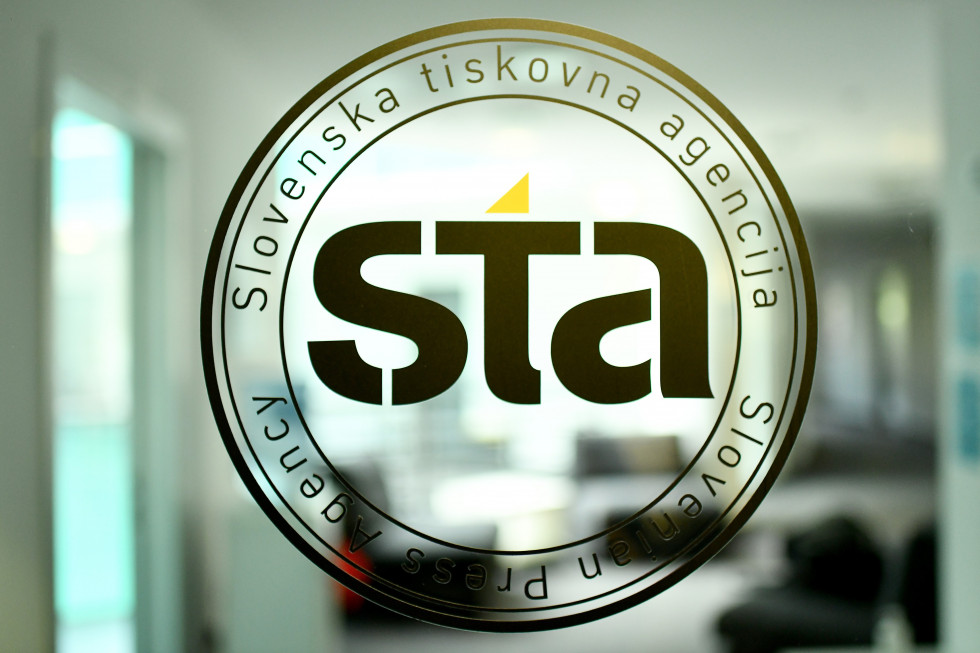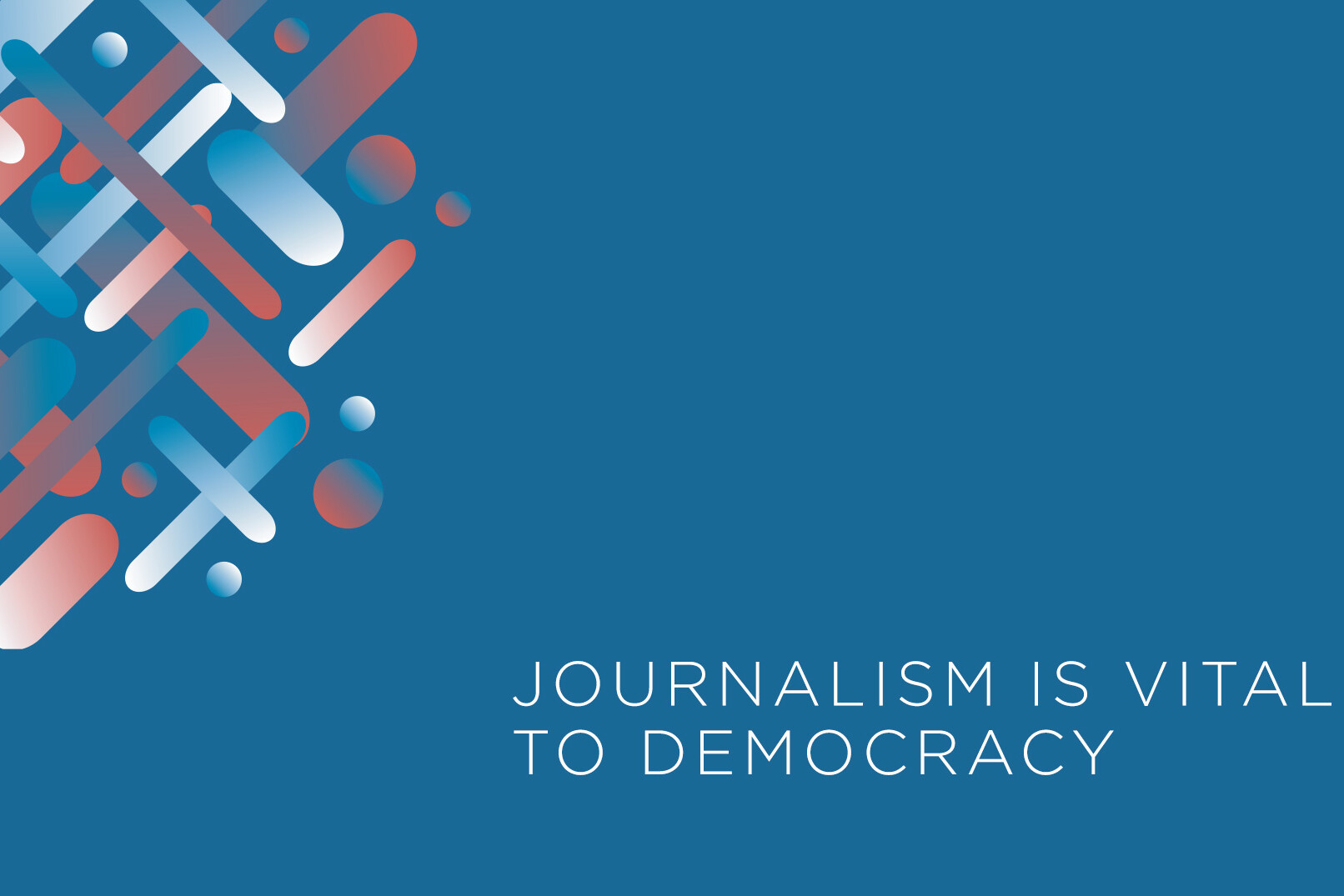Nobel Prize to journalists highlights value of public interest media
11 October 2021
The Public Media Alliance congratulates Maria Ressa and Dmitry Muratov upon receiving the Nobel Peace Prize and commends the Norwegian Nobel Committee for highlighting the crucial but precarious work many journalists do.
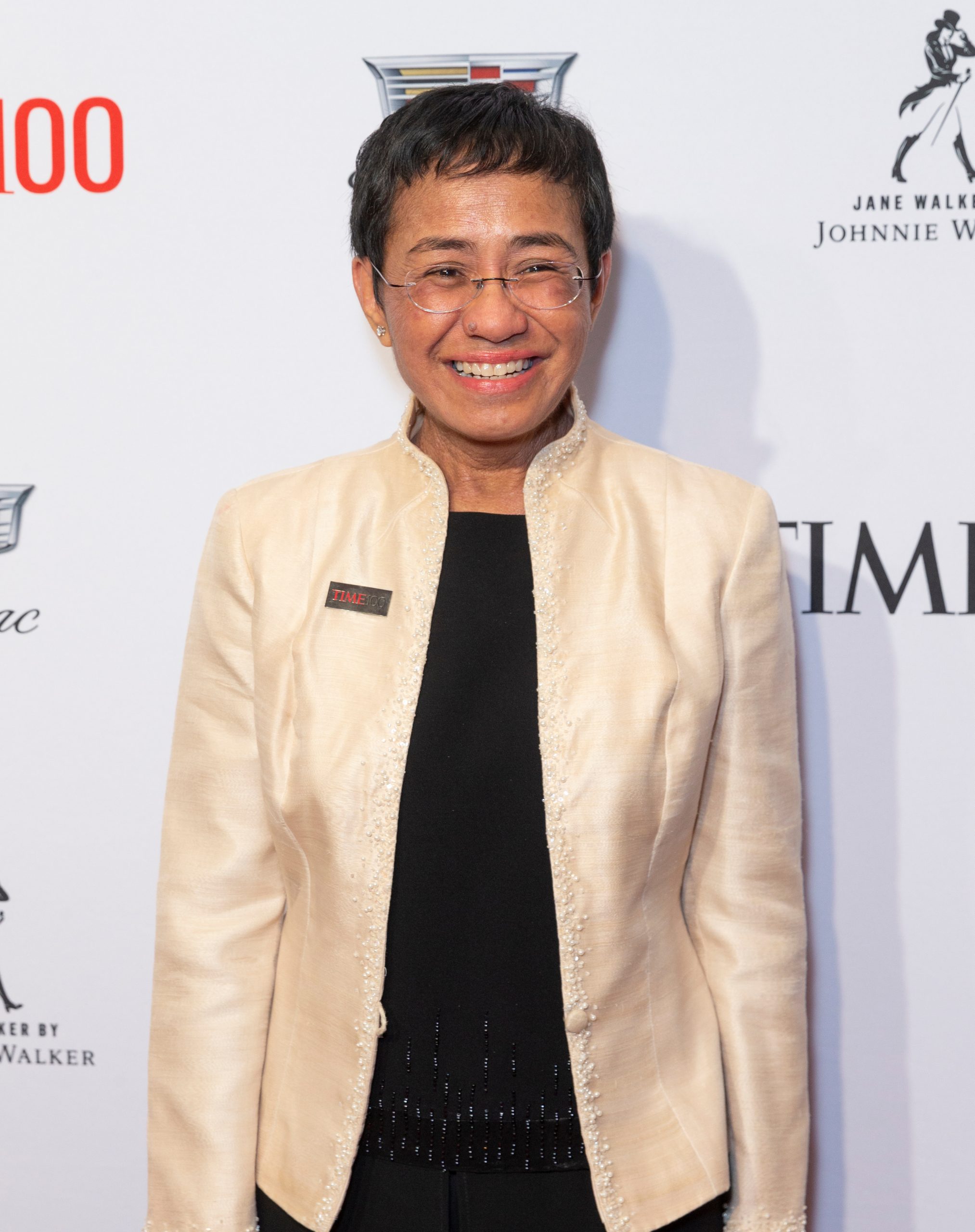
Maria Ressa and Dmitry Muratov were awarded the Peace Prize for “their courageous fight for freedom of expression in the Philippines and Russia.”
Both work in environments hostile to independent and truth-speaking media. Ressa, the head of investigative news outlet Rappler, operates within the Philippines, where critical and independent news media have been repressed and where both herself and Rappler has been subjected to legal challenges. Muratov has a long-standing track record of holding power to account during his 24-year stint at the head of the Russian independent newspaper Novaja Gazeta. But he and his organisation have faced immense threats during that time, and six of Novaja Gazeta’s journalists have been killed.
Read more: Shutdowns, layoffs and court cases: The clampdown on independent media in the Philippines continues
Both journalists are fully deserving of the award for their brave and crucial work in countries where the state does not believe in independent media, and where those who attempt to call out the government face potential imprisonment or threats to their life. Public media in both countries is either non-existent or closely tied to the state. In such an environment, both Ressa and Muratov embody the values of public interest journalism: exposing abuses of power, calling out corruption, and countering state-sanctioned misinformation. Where freedom of expression is limited, they both put themselves in obvious danger for upholding this essential human right and cornerstone of democracy.
Dmitry Muratov – awarded the 2021 #NobelPeacePrize – has for decades defended freedom of speech in Russia under increasingly challenging conditions. In 1993, he was one of the founders of the independent newspaper Novaja Gazeta, @novaya_gazeta.#NobelPrize pic.twitter.com/AXF8a3CDGZ
— The Nobel Prize (@NobelPrize) October 8, 2021
Worldwide, public interest journalism is facing increasing threats. Just in the past week, Singapore has passed a new law to stamp down on “foreign interference”; a new dossier has exposed ongoing censorship at Brazil’s public media; and the director of the Slovenian News Agency has stepped down as the government piles financial pressure on the organisation. More and more journalists who dare to speak out against the authorities are finding themselves in increasingly difficult positions, subject to abuse and attacks on social media, and threatened with incarceration and assault.
At a time when the pandemic has exacerbated many existing tensions between governments and media across the world, PMA commends the Norwegian Nobel Committee for its recognition of the importance of accurate, informed, and trustworthy journalism. As more countries look to erode freedom of expression and control media reporting, these two journalists are bastions of public interest journalism.
Related Posts
8th October 2021
Brazil: Dossier reveals trend of censorship at EBC
A new dossier on censorship at public…
7th October 2021
Singapore: Foreign interference law poses threat to media plurality
Fears that new law could be used to…
30th September 2021
Brussels Declaration: PMA joins public media and international organisations to call for journalist safety and media freedom
Today, public service media companies…
